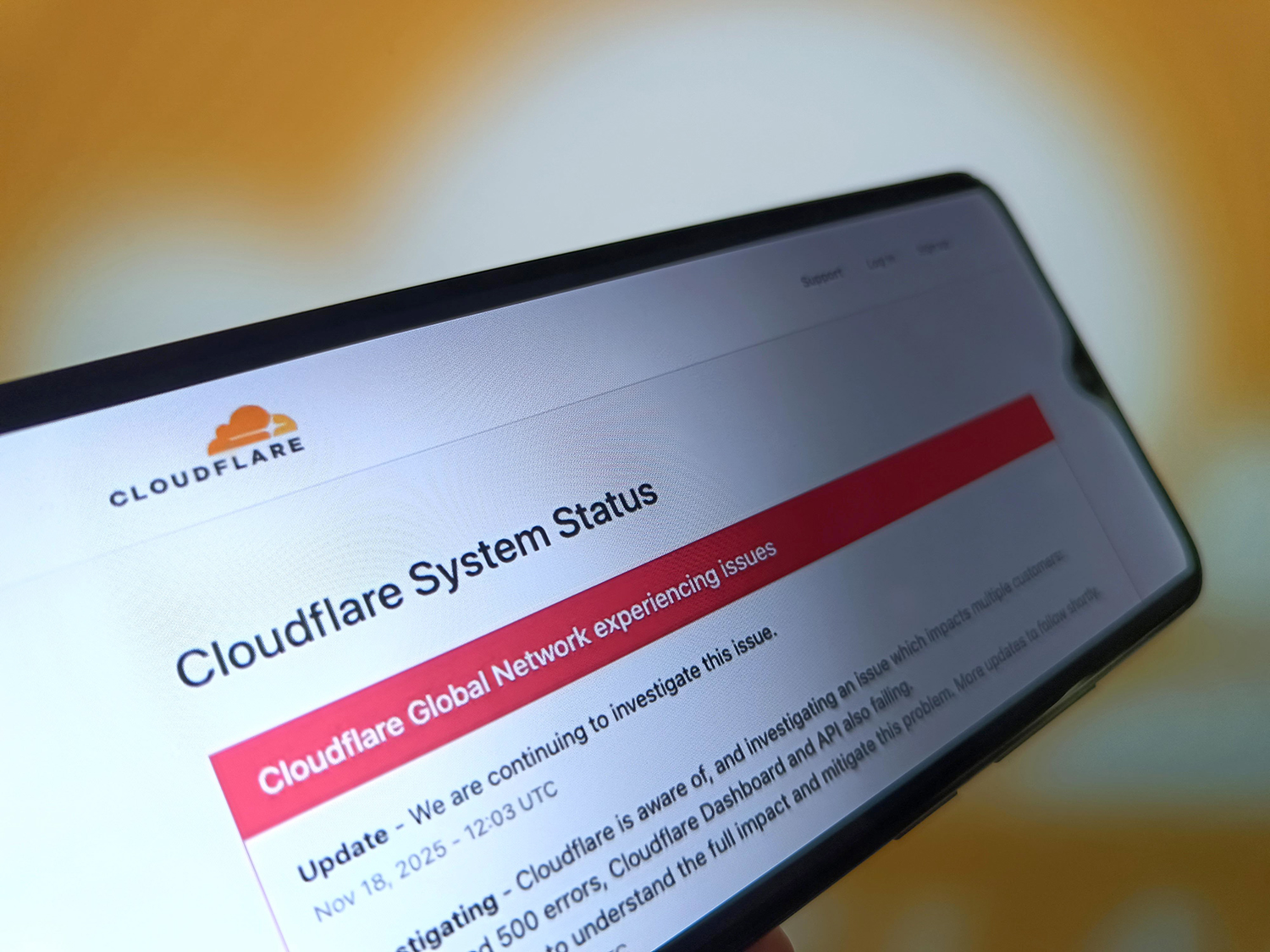Meta: Facebook gambles on a virtual world
Is Zuckerberg right to be betting so much on the metaverse – or could there be more to the brand refresh?

A free daily email with the biggest news stories of the day – and the best features from TheWeek.com
You are now subscribed
Your newsletter sign-up was successful
After weeks of rumours, Mark Zuckerberg revealed his big news last week, said Chris Stokel-Walker in The Independent: henceforward, his company will be known as Meta. The name, from the Greek for beyond, represents the type of firm he wants Facebook to be, he said: not just the owner of a suite of social media apps (Facebook, WhatsApp, Instagram), but a key player in the “next chapter for the internet”: the metaverse – a virtual world that he is spending billions to create. As he explained in a promotional video, users (or their avatars) will spend hours in this “embodied internet”: they’ll work in virtual offices, attend virtual gigs, relax with friends in virtual landscapes, buy from virtual shops. He hopes it will one day be populated by a billion people. And maybe it will – but I won’t be donning a VR headset to hang out in Zuckerberg’s world. It’s not just that the graphics are rubbish and I’ve spent time in an earlier digital world – Second Life – that proved a dud: it’s also that I am not going to entrust any more of my life to rapacious tech titans.
The metaverse is still only a concept; it will take “years to come to fruition”, said Sarah Manavis in the New Statesman. And it may not take off. People may decide they prefer to live in the real world. So why rebrand around it now? It is no coincidence that in the past month, Facebook has been battered by negative stories stemming from the leak of the “Facebook papers”. Seventeen years after its founding, the firm stands accused of a host of misdeeds, from knowingly exacerbating teenage misery to enabling human traffickers. Zuckerberg will be hoping that the old Facebook can take the hit for all that while the wider company sails on.
Yet by revealing his ambition to “own” this vast new digital realm, Zuckerberg is surely only inviting more scrutiny, said Kevin Roose in The New York Times. So what is his thinking? Partly, he will be hoping that the focus on VR will attract all-important young users to a company that has come to be seen as terminally uncool. It could also help solve Facebook’s “platform risk”: its mobile apps run on iOS and Android, which makes their success dependent on Facebook’s rivals Apple and Google. The metaverse would enable Facebook to keep users, and their money, on its own territory. Thirdly it gives the company a shiny new story, to attract staff and advertisers, who have been deterred by the toxification of the brand. For Zuckerberg, the metaverse isn’t a “vanity stunt”; it represents his route out of Facebook’s “messy present”, and towards fresh, untainted ground.
The Week
Escape your echo chamber. Get the facts behind the news, plus analysis from multiple perspectives.

Sign up for The Week's Free Newsletters
From our morning news briefing to a weekly Good News Newsletter, get the best of The Week delivered directly to your inbox.
From our morning news briefing to a weekly Good News Newsletter, get the best of The Week delivered directly to your inbox.
A free daily email with the biggest news stories of the day – and the best features from TheWeek.com
-
 What to know before filing your own taxes for the first time
What to know before filing your own taxes for the first timethe explainer Tackle this financial milestone with confidence
-
 The biggest box office flops of the 21st century
The biggest box office flops of the 21st centuryin depth Unnecessary remakes and turgid, expensive CGI-fests highlight this list of these most notorious box-office losers
-
 The 10 most infamous abductions in modern history
The 10 most infamous abductions in modern historyin depth The taking of Savannah Guthrie’s mother, Nancy, is the latest in a long string of high-profile kidnappings
-
 Are AI bots conspiring against us?
Are AI bots conspiring against us?Talking Point Moltbook, the AI social network where humans are banned, may be the tip of the iceberg
-
 Silicon Valley: Worker activism makes a comeback
Silicon Valley: Worker activism makes a comebackFeature The ICE shootings in Minneapolis horrified big tech workers
-
 AI: Dr. ChatGPT will see you now
AI: Dr. ChatGPT will see you nowFeature AI can take notes—and give advice
-
 Is social media over?
Is social media over?Today’s Big Question We may look back on 2025 as the moment social media jumped the shark
-
 Metaverse: Zuckerberg quits his virtual obsession
Metaverse: Zuckerberg quits his virtual obsessionFeature The tech mogul’s vision for virtual worlds inhabited by millions of users was clearly a flop
-
 The robot revolution
The robot revolutionFeature Advances in tech and AI are producing android machine workers. What will that mean for humans?
-
 Texts from a scammer
Texts from a scammerFeature If you get a puzzling text message from a stranger, you may be the target of ‘pig butchering.’
-
 Blackouts: Why the internet keeps breaking
Blackouts: Why the internet keeps breakingfeature Cloudflare was the latest in a string of outages